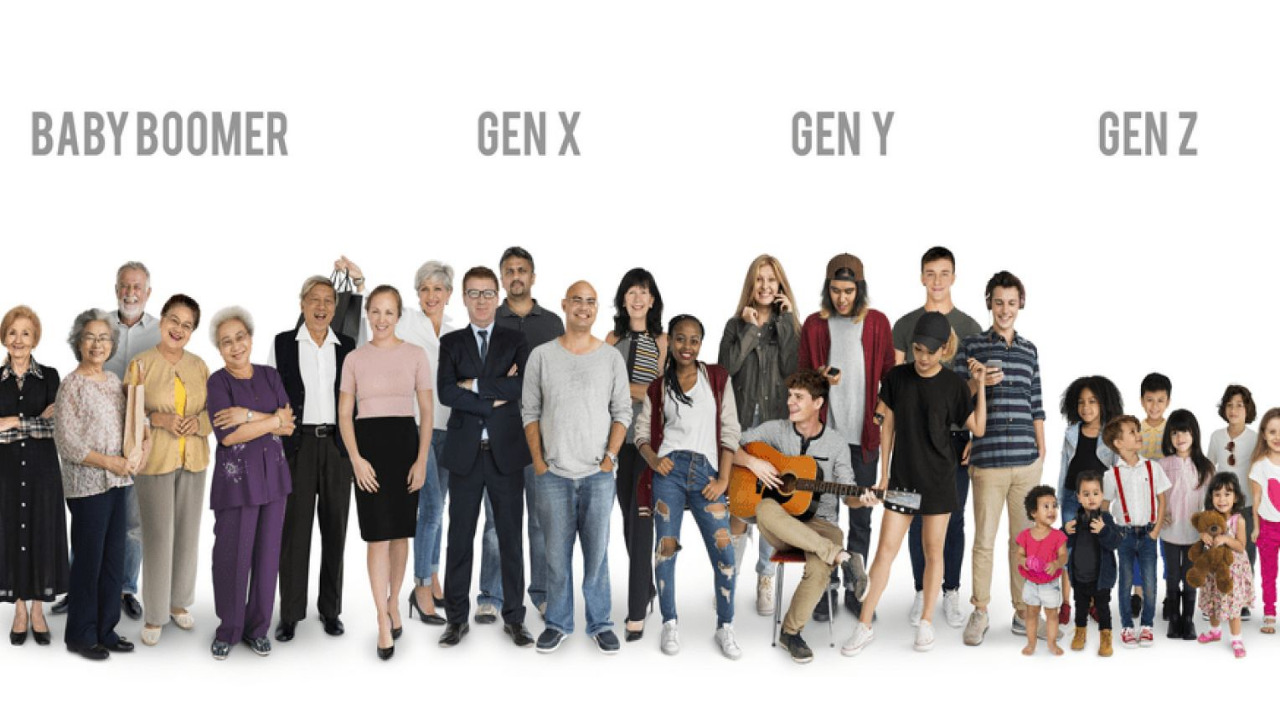The modern workforce has witnessed significant transformations over the past few decades as various generations have come and gone, each contributing their unique perspectives and values to the work environment. From the Baby Boomers to Generation Z, generational shifts have shaped the workplace culture, communication styles, and expectations. Understanding these shifts is crucial for businesses to effectively manage and engage their diverse workforce.
The Baby Boomers (1946-1964): Pioneers of Tradition and Loyalty
The post-World War II era saw the emergence of the Baby Boomer generation, characterized by their strong work ethic, loyalty, and respect for hierarchy. Raised during a time of economic prosperity, Baby Boomers often valued job stability and long-term commitments. They were accustomed to a structured work environment where face-to-face communication was the norm, and job promotions were typically earned through years of dedicated service. This generation’s influence is still felt in many organizations, with some Baby Boomers holding leadership positions and imparting their values to younger colleagues. In today’s digital age, tools like pay stub maker have revolutionized the way pay information is managed, reflecting a shift from traditional work practices.

Generation X (1965-1980): Embracing Independence and Technology
As the workforce evolved, Generation X introduced a shift towards independence and adaptability. Growing up during times of economic uncertainty and witnessing the rise of technology, Gen Xers became self-reliant and comfortable with change. This generation played a crucial role in embracing technology’s early stages, paving the way for the digital transformation of workplaces. Their preference for a work-life balance and results-driven approach challenged traditional notions of ‘face time’ in the office, setting the stage for flexible work arrangements.
Millennials (1981-1996): Work-Life Integration and Purpose-Driven Careers

The rise of Millennials marked a turning point in workforce dynamics. This generation, characterized by their tech-savviness and desire for meaningful work, brought attention to work-life integration and the importance of purpose-driven careers. Millennials sought jobs that aligned with their values, pushing organizations to emphasize social responsibility and employee well-being. The advent of social media further transformed communication, introducing a more open and collaborative approach to networking and knowledge-sharing.
Generation Z (1997-2012): Digital Natives and Diversity Advocates
The youngest entrants to the workforce, Generation Z, have grown up in a digital age with instant access to information. As true digital natives, they possess advanced technology skills, adapt quickly to new tools, and prioritize seamless digital experiences. Gen Zers also bring a heightened awareness of social and cultural issues, advocating for diversity, equity, and inclusion in the workplace. Their preferences for remote work and a blend of in-person and virtual interactions challenge organizations to rethink their approaches to collaboration and engagement.
In conclusion, generational shifts in the workforce have continuously reshaped the way businesses operate and interact with employees. From the traditional values of Baby Boomers to the tech-savvy and purpose-oriented mindset of Millennials and now to the digital expertise and social consciousness of Generation Z, each generation has left an indelible mark on workplace culture and dynamics. Organizations that recognize the unique characteristics and aspirations of each generation can create inclusive environments that foster collaboration, innovation, and productivity.
Managing a multi-generational workforce requires flexibility and a willingness to adapt to changing expectations. This may involve implementing flexible work arrangements, leveraging technology for seamless communication, providing opportunities for skill development, and promoting a diverse and inclusive workplace. By embracing the strengths and perspectives of all generations, organizations can harness the collective potential of their workforce and create a thriving environment that resonates with employees of all ages.